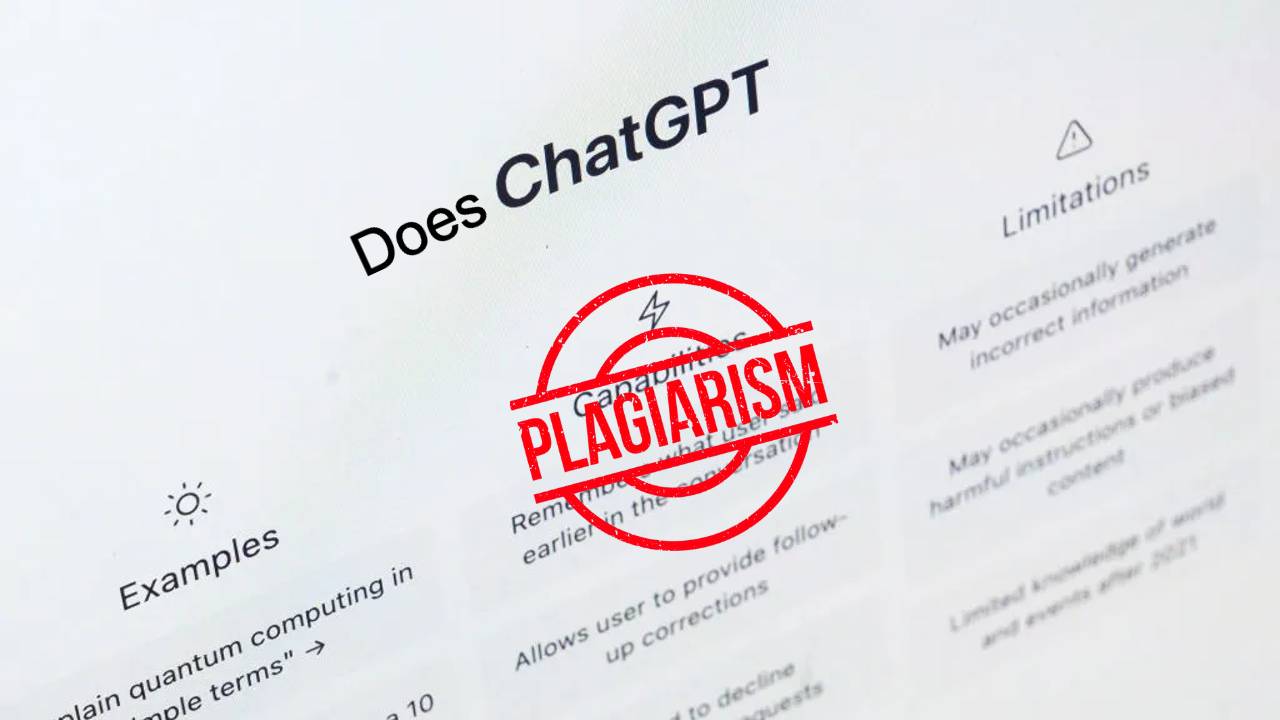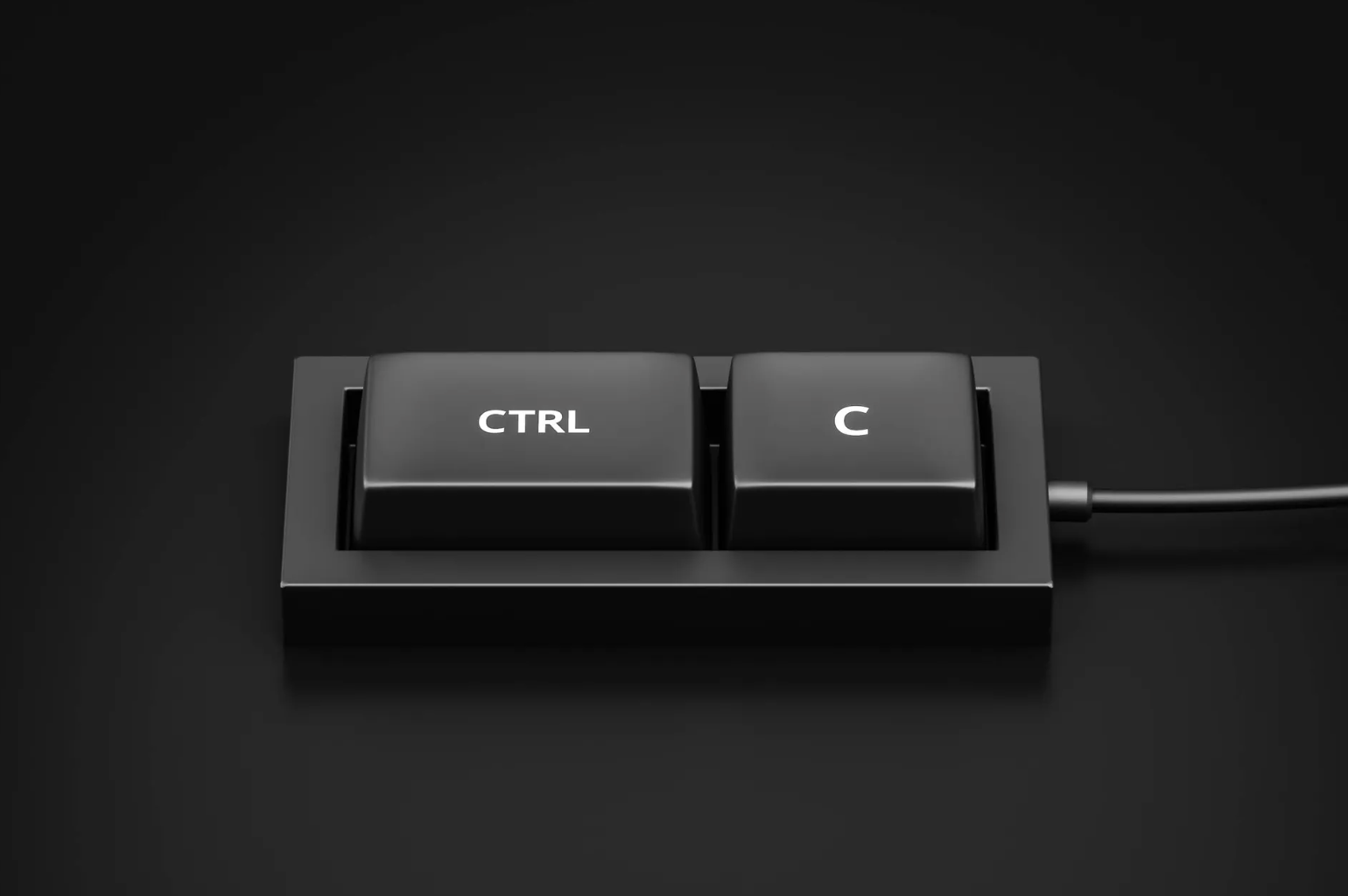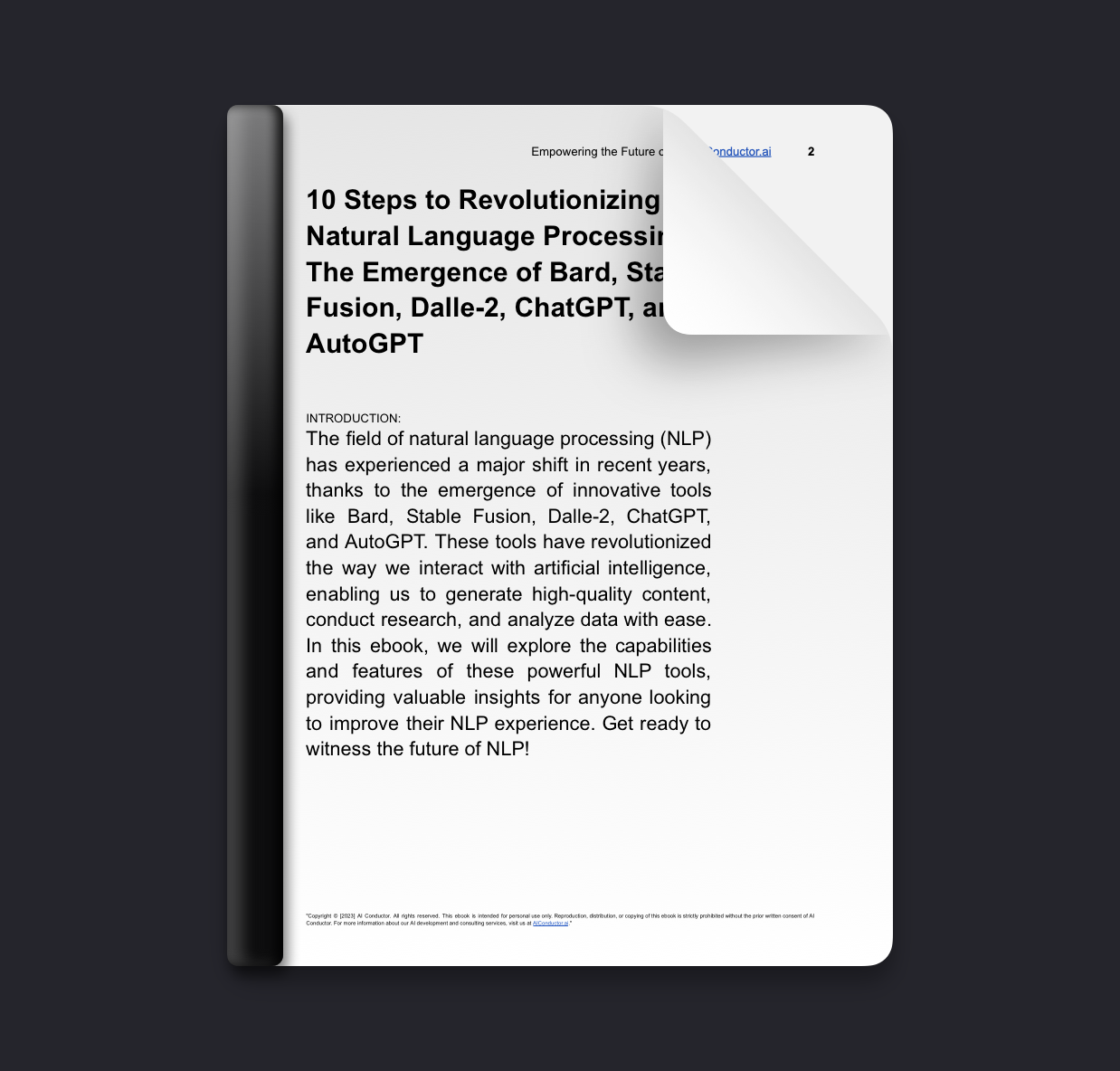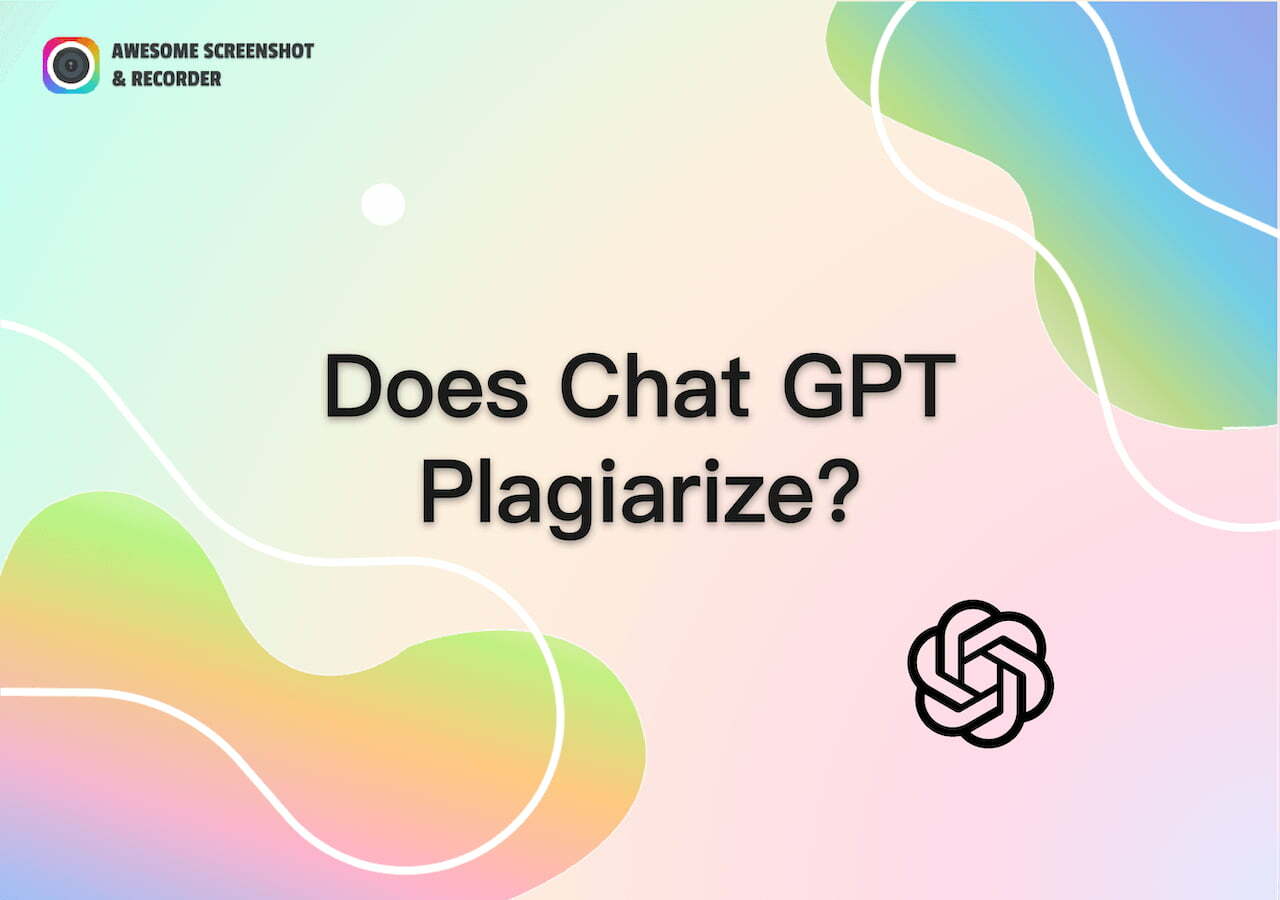We asked:
Is the use of GPT-based chatbots ethical, or does it perpetuate the problem of plagiarism in the digital age?
The Gist:
The article discusses the controversy surrounding the use of GPT-3 chatbots and whether they can be considered plagiarizing. It explores different perspectives and suggests that the responsibility ultimately lies with the developers and users to ensure ethical use.

Decoded:
When it comes to chatbots, one of the concerns that users have is whether the responses they receive are original or simply copied from somewhere else. This is particularly relevant when it comes to GPT, one of the most popular chatbot frameworks out there. So, does GPT plagiarize? Let's take a closer look.
Firstly, it's important to understand how GPT works. GPT (Generative Pre-trained Transformer) is a machine learning model that is trained on a massive amount of text data. Once it has been trained, it can generate new text based on the input it receives. So, technically speaking, the text generated by GPT is not copied - it's created by the model itself.
However, this doesn't mean that GPT is immune to plagiarism. The reason for this is that the text data that GPT is trained on is sourced from a variety of different places, such as books, websites, and even other chatbots. This means that some of the phrases and sentences that GPT generates might be similar to text that already exists elsewhere. Is this plagiarism? It's a grey area, as the text is not copied verbatim, but some might argue that it still constitutes plagiarism.
Another thing to consider is that GPT is not perfect. It can make mistakes, and sometimes its responses might not make sense or be relevant to the user's input. In these cases, it's possible that GPT might "borrow" text from somewhere else in order to try and generate a coherent response. Again, this might be seen as a form of plagiarism.
So, does GPT plagiarize? Ultimately, it's up to interpretation. From a technical standpoint, the text generated by GPT is not copied - it's created by the model itself. However, the fact that GPT is trained on data from a variety of sources means that there is a risk of similarity with existing text. The best way to approach GPT is to use it as a tool, rather than relying on it entirely. As with any chatbot, it's important to use your own judgement and common sense when evaluating the responses you receive.
Firstly, it's important to understand how GPT works. GPT (Generative Pre-trained Transformer) is a machine learning model that is trained on a massive amount of text data. Once it has been trained, it can generate new text based on the input it receives. So, technically speaking, the text generated by GPT is not copied - it's created by the model itself.
However, this doesn't mean that GPT is immune to plagiarism. The reason for this is that the text data that GPT is trained on is sourced from a variety of different places, such as books, websites, and even other chatbots. This means that some of the phrases and sentences that GPT generates might be similar to text that already exists elsewhere. Is this plagiarism? It's a grey area, as the text is not copied verbatim, but some might argue that it still constitutes plagiarism.
Another thing to consider is that GPT is not perfect. It can make mistakes, and sometimes its responses might not make sense or be relevant to the user's input. In these cases, it's possible that GPT might "borrow" text from somewhere else in order to try and generate a coherent response. Again, this might be seen as a form of plagiarism.
So, does GPT plagiarize? Ultimately, it's up to interpretation. From a technical standpoint, the text generated by GPT is not copied - it's created by the model itself. However, the fact that GPT is trained on data from a variety of sources means that there is a risk of similarity with existing text. The best way to approach GPT is to use it as a tool, rather than relying on it entirely. As with any chatbot, it's important to use your own judgement and common sense when evaluating the responses you receive.

Essential Insights:
Three-Word Highlights
chatbot, plagiarism, technology
Winners & Losers:
Pros:
1. The chatbot can save time by generating responses quickly, allowing for more efficient communication.
2. The chatbot can provide consistent and accurate information, reducing the risk of human error.
3. The chatbot can operate 24/7, providing customers with support at any time of day.
Cons:
1. The chatbot may not be able to understand complex or nuanced questions, leading to frustration for the user.
2. The chatbot may provide generic responses that do not fully address the user's specific needs or concerns.
3. The chatbot may lack the empathy and emotional intelligence of a human customer service representative, leading to a less satisfying customer experience.
Bottom Line:
The bottom line is that the use of chatbots powered by GPT technology may lead to potential plagiarism issues, and it is important to implement proper measures to ensure originality and authenticity in communication.
Ref.
Source
Join The Conversation!





